Comparing the Materials Used in Dental Implants
Dental implants have become a popular option for replacing missing teeth due to their durability and natural-looking appearance. One of the key factors that determine the success of a dental implant is the material used in its construction.
- 2/26/2024
- 3 min read
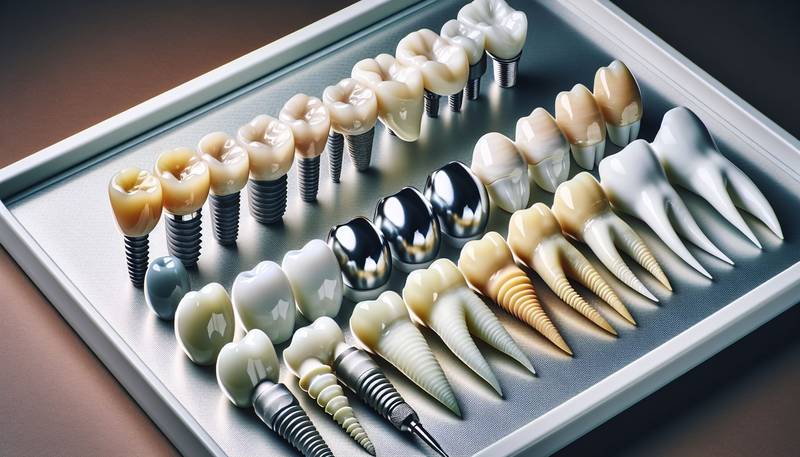 Click
to read the article
Click
to read the article
There are several materials available for dental implants, each with its own unique set of advantages and disadvantages. In this article, we will compare some of the most commonly used materials in dental implants to help you make an informed decision about which option is best for you.
Titanium Implants
Titanium is the most widely used material in dental implants due to its biocompatibility and ability to fuse with the surrounding bone tissue. Titanium implants have a high success rate and are known for their long-term durability. The titanium implant is usually placed into the jawbone, where it will eventually integrate with the bone through a process called osseointegration. Titanium implants are lightweight, strong, and resistant to corrosion, making them an excellent choice for dental implant procedures.
Zirconia Implants
Zirconia implants are a newer alternative to traditional titanium implants. Zirconia is a type of ceramic material that is known for its strength and biocompatibility. Zirconia implants have a white color that closely resembles the natural color of teeth, making them a popular choice for patients who are concerned about the aesthetic appearance of their smile. Zirconia implants are also hypoallergenic, making them a good option for patients with metal allergies. However, zirconia implants may not be as durable as titanium implants and are more prone to fracture.
Metal-Free Implants
For patients who prefer to avoid metal altogether, metal-free implants may be a suitable option. Metal-free implants are typically made from materials such as ceramic, zirconia, or a composite resin. These implants offer a natural-looking alternative to traditional metal implants and are less likely to cause allergic reactions in patients with metal sensitivities. Metal-free implants may not be as strong as titanium implants and may not be suitable for all patients, depending on their specific dental needs.
Hybrid Implants
Hybrid implants are a combination of both metal and non-metal materials. These implants may feature a titanium implant that is covered with a zirconia crown for aesthetic purposes. Hybrid implants offer the benefits of both materials, allowing for the strength and durability of titanium with the natural appearance of zirconia. Hybrid implants are a versatile option that can be customized to meet the specific needs of each patient.
Conclusion
When considering dental implants, it is important to weigh the advantages and disadvantages of each material to determine which option is best suited for your individual needs. Titanium implants are a reliable choice with a high success rate, while zirconia implants offer a more aesthetically pleasing alternative. Metal-free implants are ideal for patients with metal allergies, and hybrid implants provide a balance between strength and aesthetics. Consulting with a qualified dental professional is the best way to determine which type of implant is right for you. By understanding the differences between these materials, you can make an informed decision that will help you achieve a healthy and beautiful smile for years to come.
Recent posts
Random news

The Importance of Choosing the Right Dentist for Your Teeth Implants
- 2024-03-03T00:00:00Z
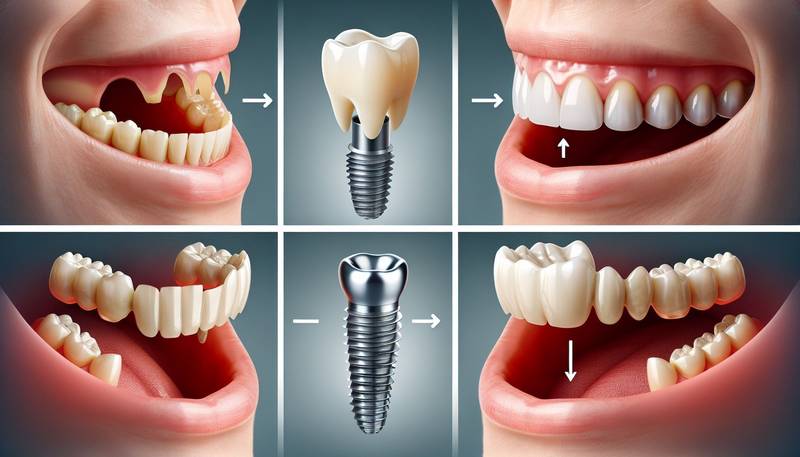
Solving the Problem of Missing Teeth: How Implants Can Help
- 2023-12-29T00:00:00Z
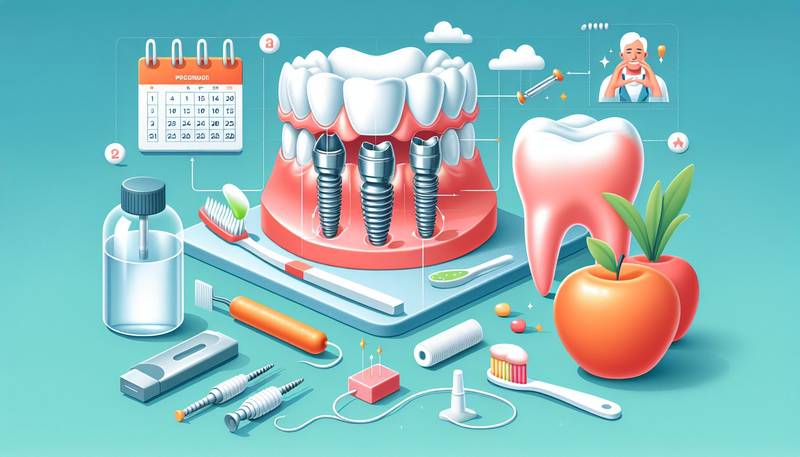
How to Ensure the Longevity of Your Teeth Implants
- 2024-02-16T00:00:00Z
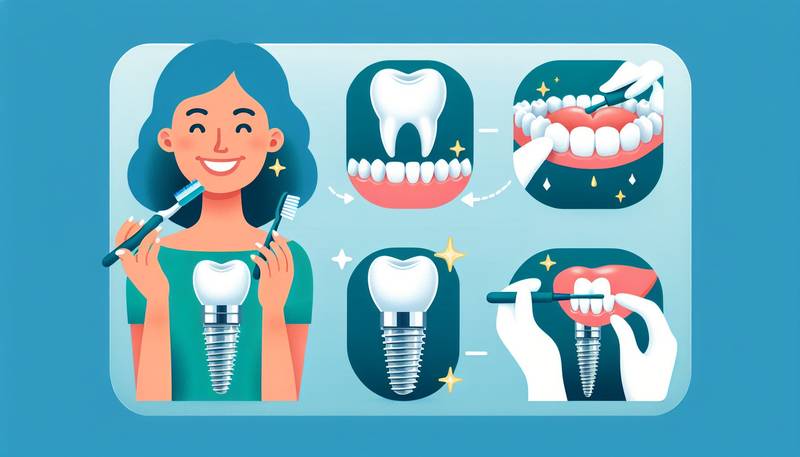
How to Care for Your Teeth Implants: Tips and Best Practices
- 2024-02-02T00:00:00Z
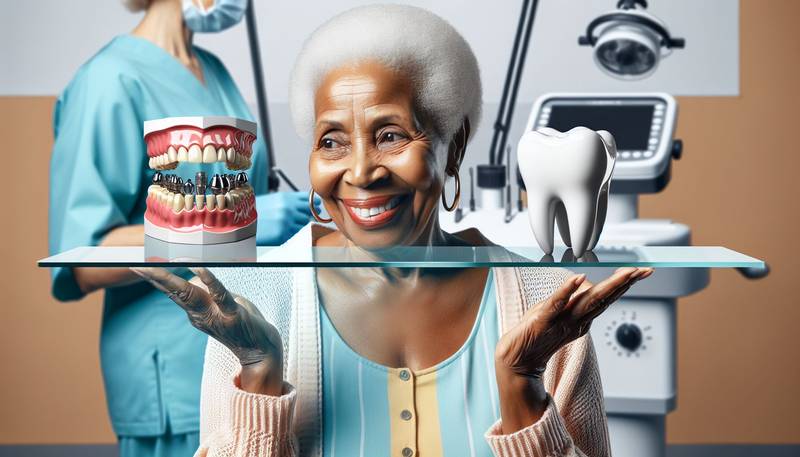
Teeth Implants for Seniors: Benefits and Considerations
- 2024-03-08T00:00:00Z
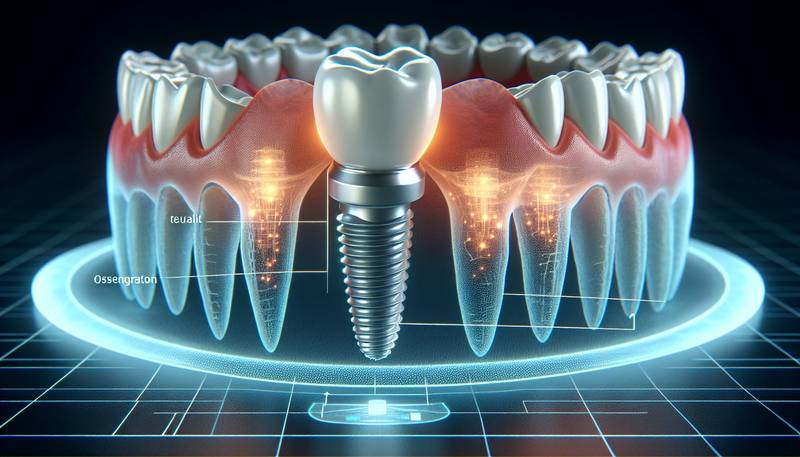
The Role of Implant Material in the Success of Teeth Implants
- 2024-03-10T00:00:00Z

Navigating the Recovery Process After Teeth Implant Surgery
- 2024-01-09T00:00:00Z
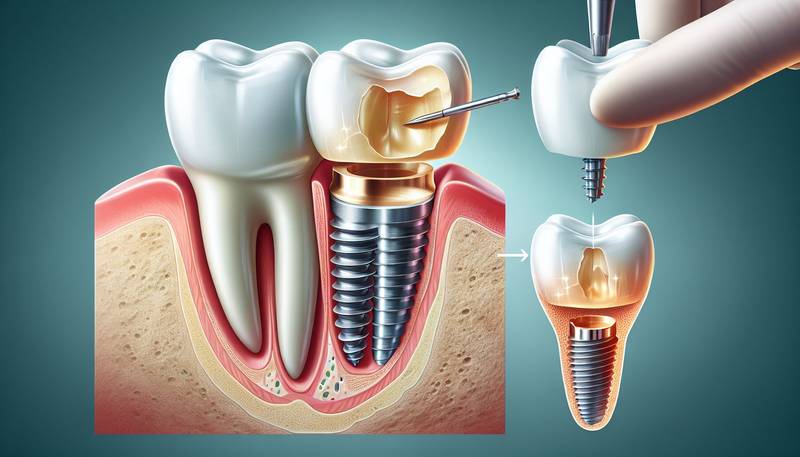
The Science Behind Teeth Implants: How They Work
- 2024-03-08T00:00:00Z
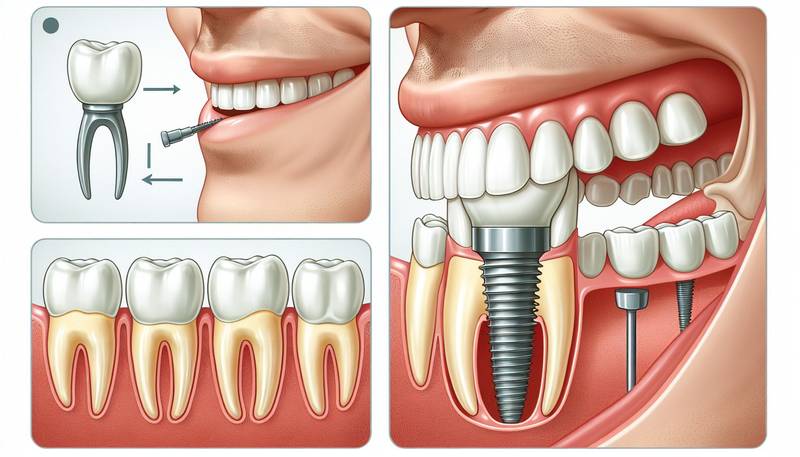
Why Teeth Implants are Considered a Superior Solution for Missing Teeth
- 2024-03-03T00:00:00Z
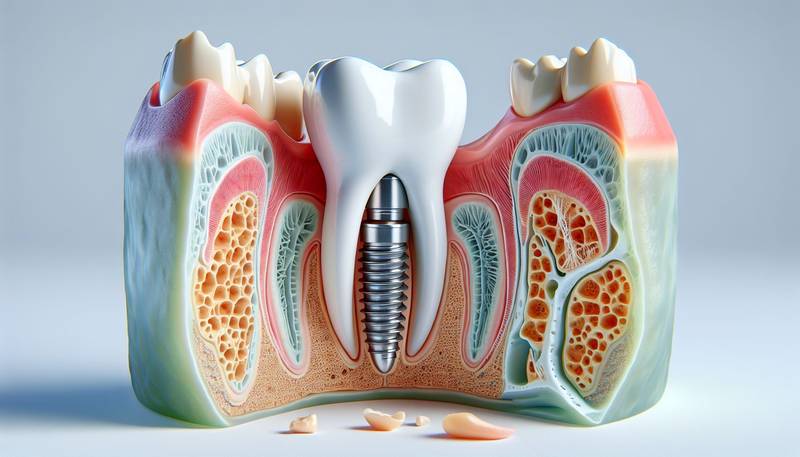
Teeth Implants and Bone Health: Understanding the Connection
- 2024-01-01T00:00:00Z
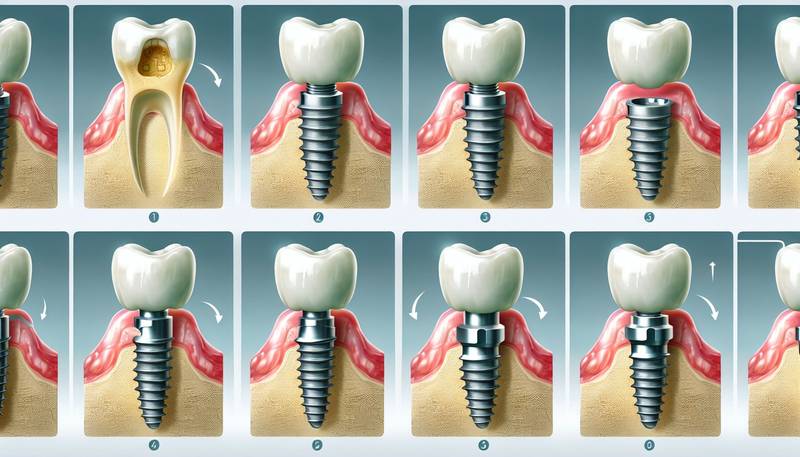
Celebrating Milestones: Success Stories of Teeth Implant Transformations
- 2023-12-19T00:00:00Z
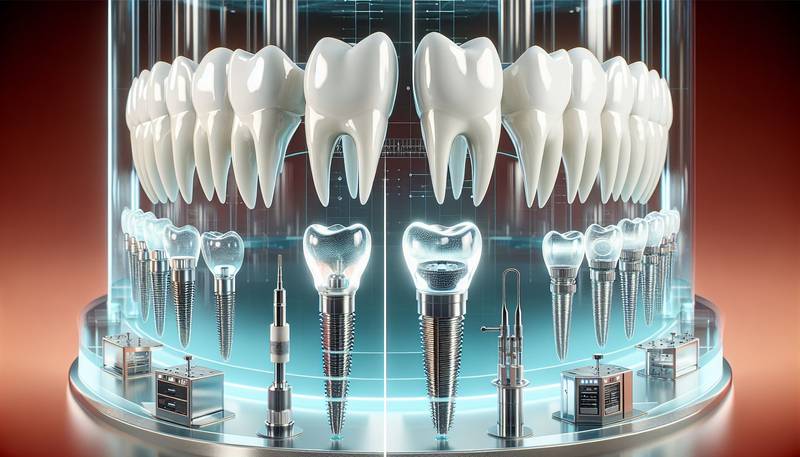
The Future of Teeth Implants: Trends and New Directions
- 2024-02-21T00:00:00Z

Addressing Common Misconceptions About Teeth Implants
- 2023-12-19T00:00:00Z

Overcoming the Fear: Dental Implants and Anxiety Management
- 2024-01-08T00:00:00Z

The Psychological Benefits of Restoring Your Smile with Dental Implants
- 2023-12-03T00:00:00Z

Before and After: Real-Life Success Stories of Dental Implant Patients
- 2024-02-18T00:00:00Z
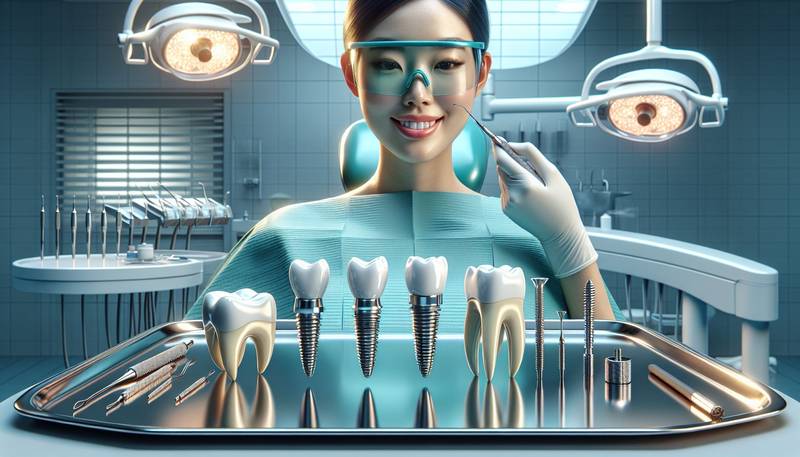
Customizing Your Smile: The Aesthetic Benefits of Teeth Implants
- 2024-01-23T00:00:00Z
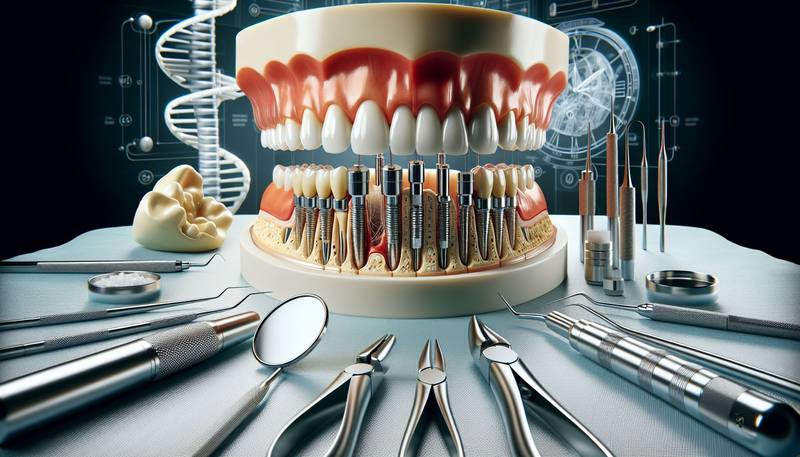
Innovative Techniques in Teeth Implant Surgery for Faster Recovery
- 2023-12-03T00:00:00Z
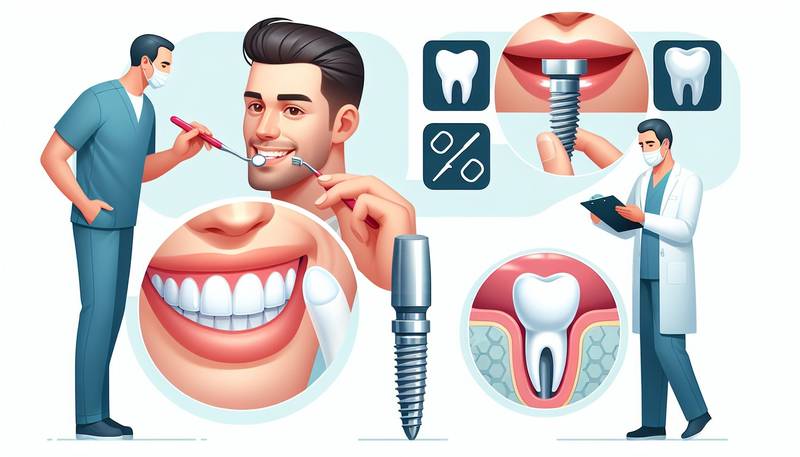
Ensuring Success: Top Tips for Teeth Implant Care and Maintenance
- 2024-02-21T00:00:00Z

Choosing Your Implant Dentist: What to Look For
- 2023-12-15T00:00:00Z
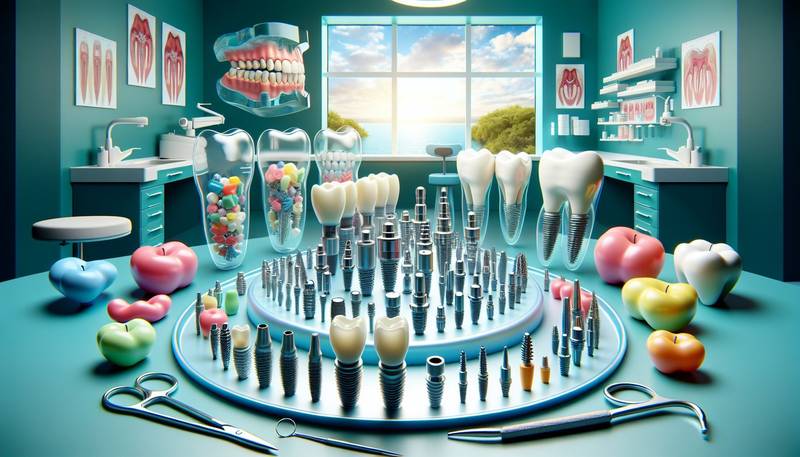
Navigating the World of Teeth Implants: A Beginner’s Guide
- 2024-01-12T00:00:00Z
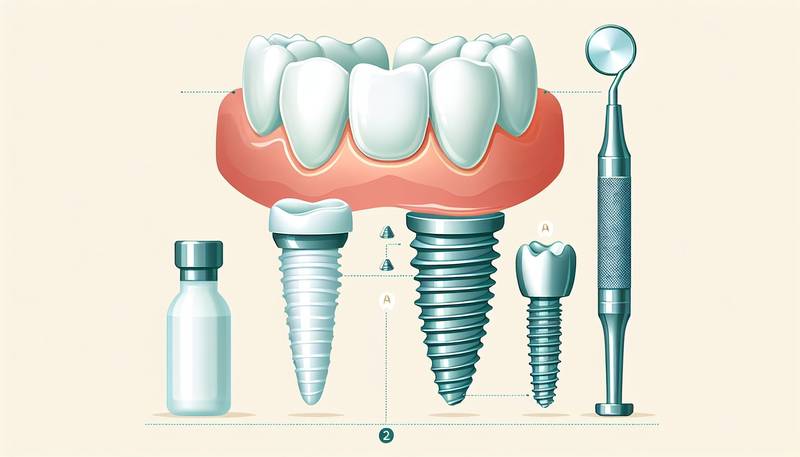
The Ultimate Guide to Teeth Implants: What You Need to Know
- 2023-12-05T00:00:00Z
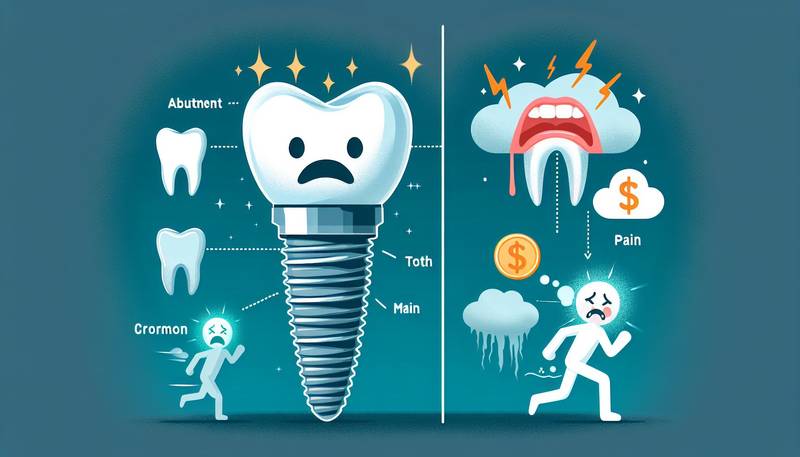
Common Myths About Teeth Implants Debunked
- 2024-01-14T00:00:00Z
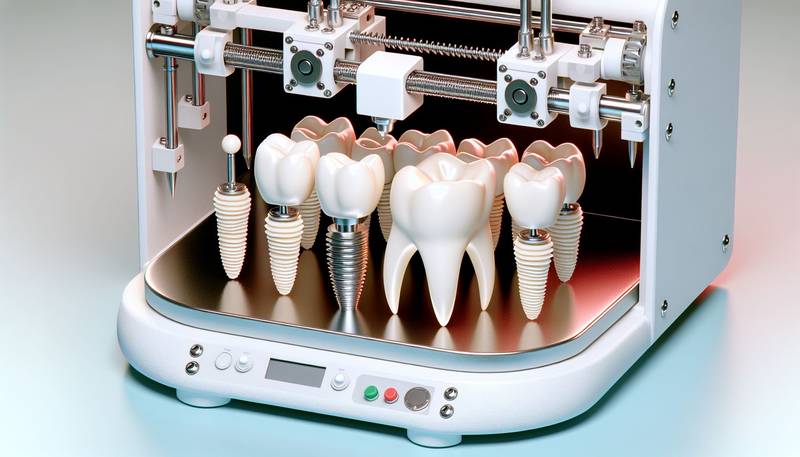
The Role of 3D Printing in Customizing Teeth Implants
- 2024-01-17T00:00:00Z

Paying for your Smile: Financing Options for Teeth Implants
- 2023-12-05T00:00:00Z
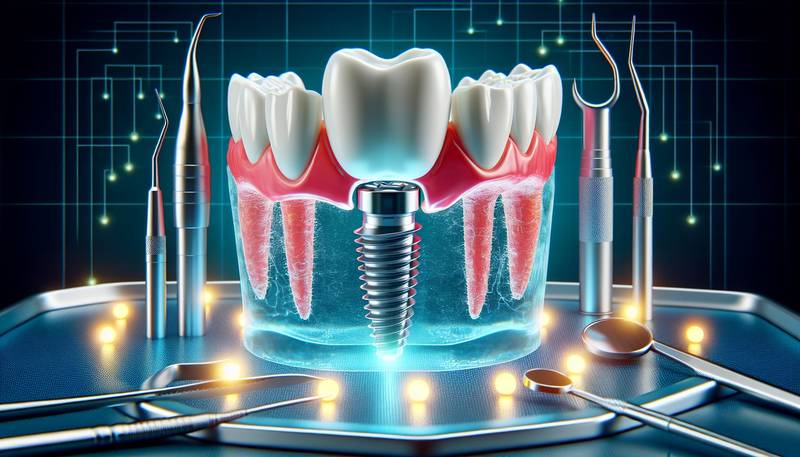
Innovations in Teeth Implant Technology: What’s New?
- 2024-03-05T00:00:00Z

Before and After: The Transformative Effects of Teeth Implants
- 2023-12-19T00:00:00Z
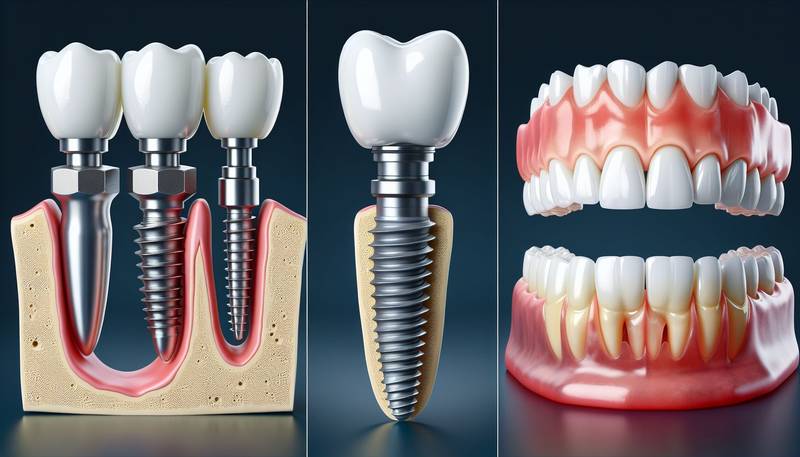
Comparing Teeth Implants to Other Dental Restoration Methods
- 2023-12-28T00:00:00Z

Teeth Implants Abroad: Weighing the Pros and Cons
- 2023-12-10T00:00:00Z
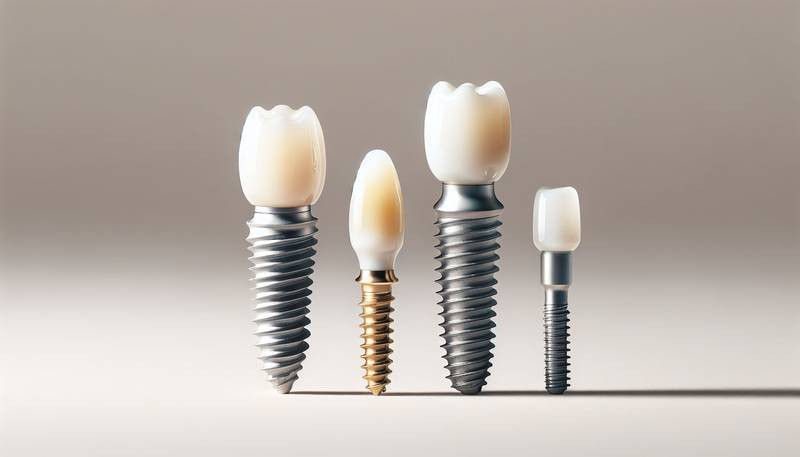
Comparing Materials: A look at the Different Types of Teeth Implants
- 2023-12-19T00:00:00Z
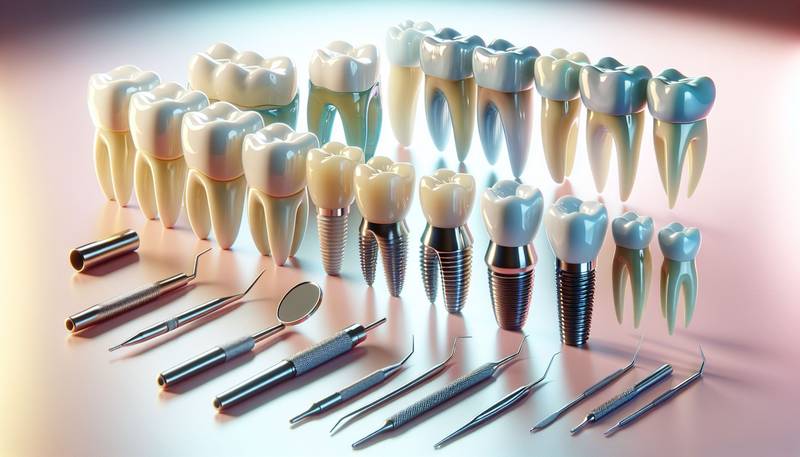
Customizing Your Smile: The Art of Aesthetic Teeth Implants
- 2024-01-21T00:00:00Z
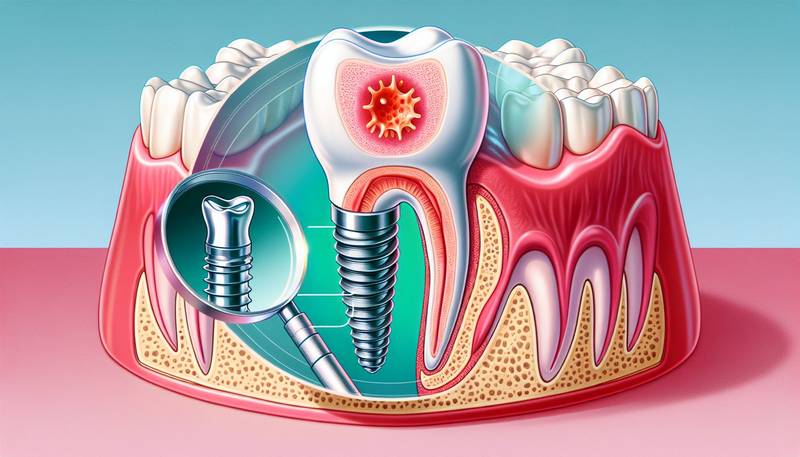
The Connection Between Teeth Implants and Gum Health
- 2024-01-28T00:00:00Z
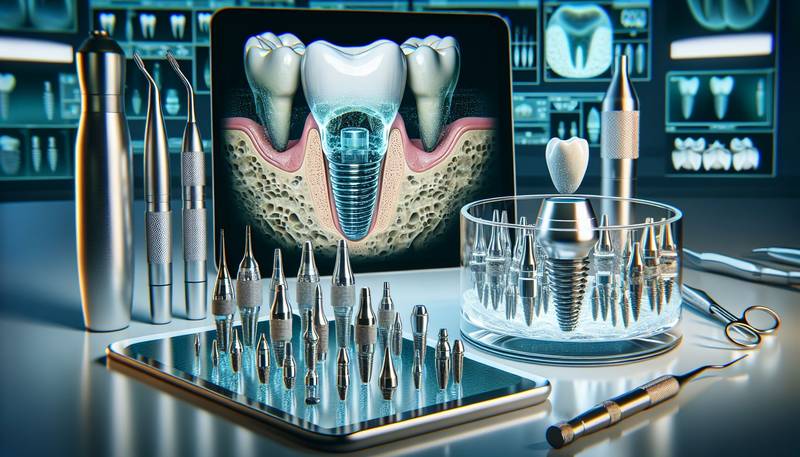
The Latest Advances in Teeth Implant Technology
- 2024-02-09T00:00:00Z
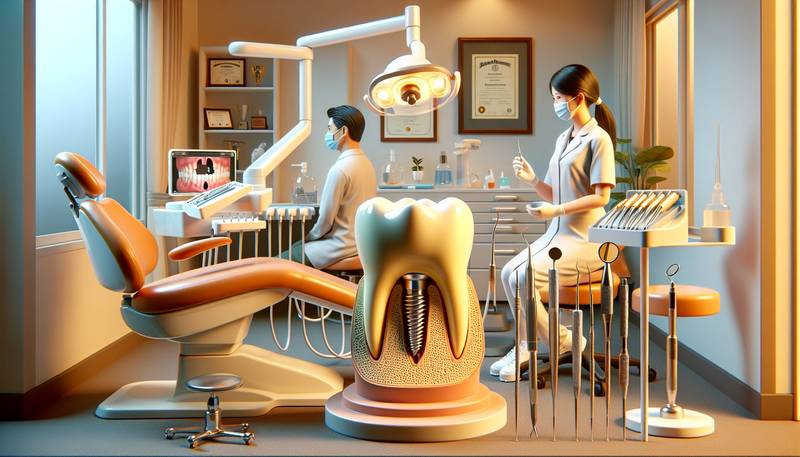
How to Find the Right Dental Specialist for Your Teeth Implants
- 2023-12-21T00:00:00Z
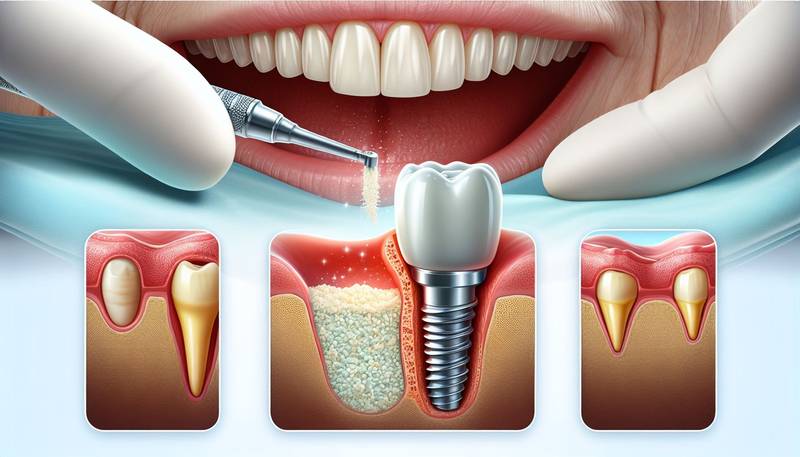
The Role of Bone Grafting in Successful Teeth Implant Surgery
- 2023-12-13T00:00:00Z
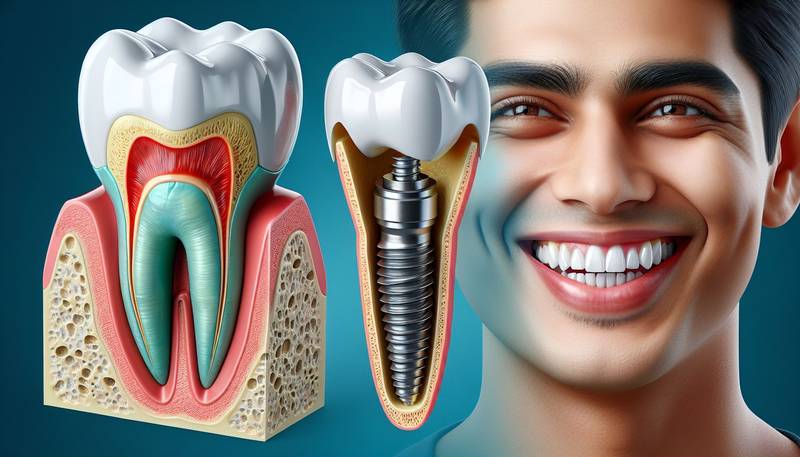
The Benefits of Teeth Implants: More Than Just a Beautiful Smile
- 2024-03-11T00:00:00Z
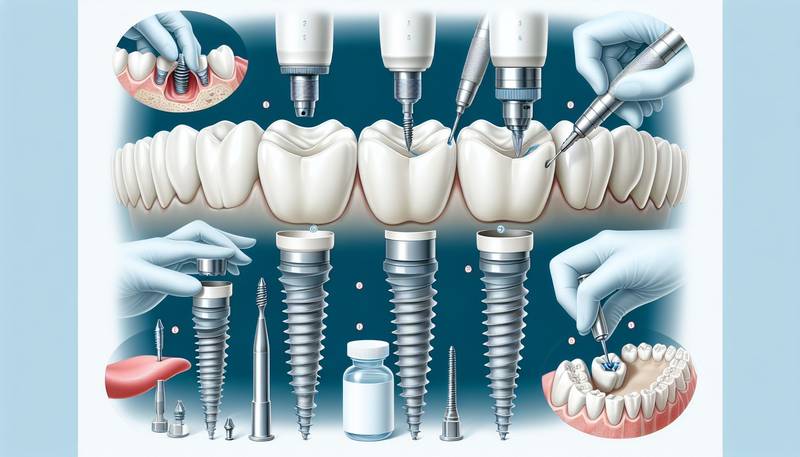
Navigating the Process: What to Expect During the Dental Implant Procedure
- 2024-01-14T00:00:00Z
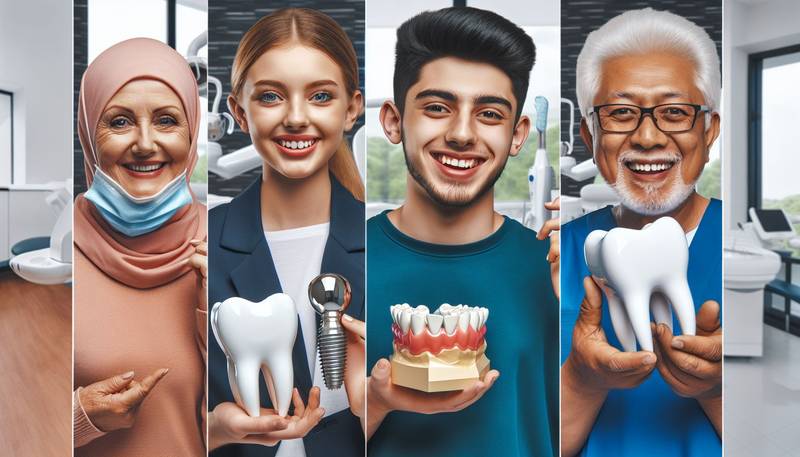
Teeth Implants for All Ages: Are You a Candidate?
- 2023-12-14T00:00:00Z
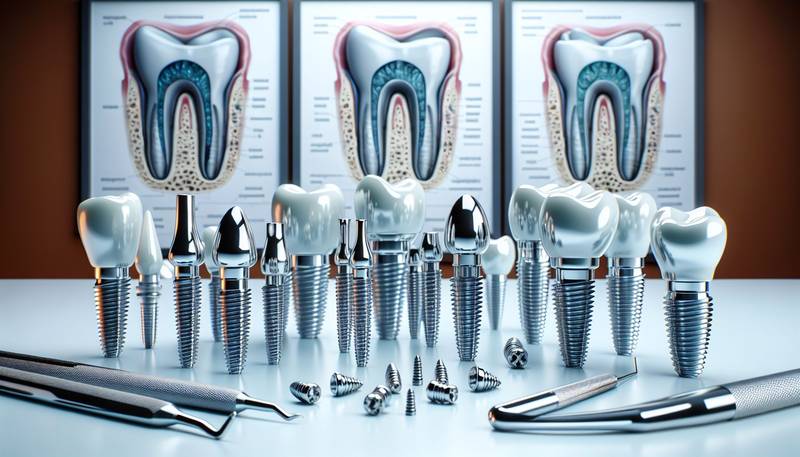
Teeth Implants: Frequently Asked Questions Answered
- 2023-12-16T00:00:00Z

Recovery Tips: How to Speed Up Your Healing After Teeth Implant Surgery
- 2024-01-24T00:00:00Z

The Psychological Benefits of Teeth Implants: Beyond Aesthetics
- 2024-01-31T00:00:00Z
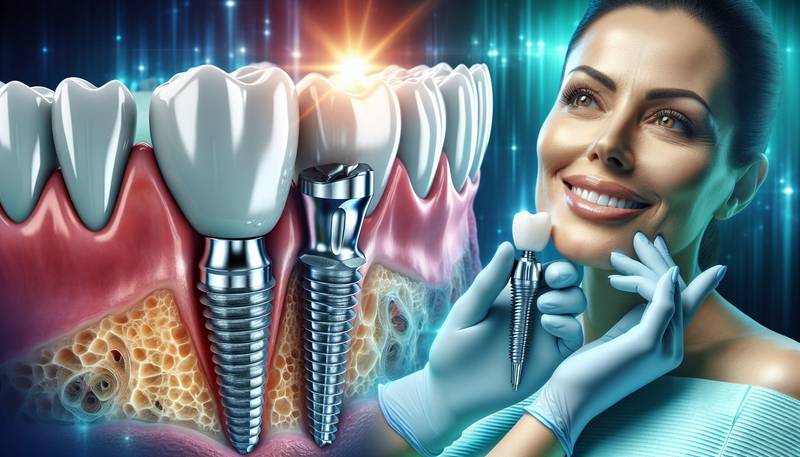
Advancements in Teeth Implant Technology and What It Means for You
- 2023-12-03T00:00:00Z
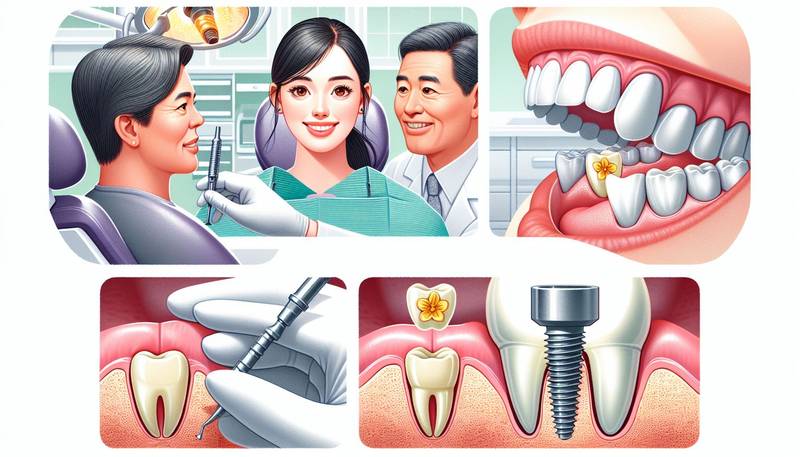
A Step-by-Step Process: What to Expect When Getting Teeth Implants
- 2023-12-09T00:00:00Z
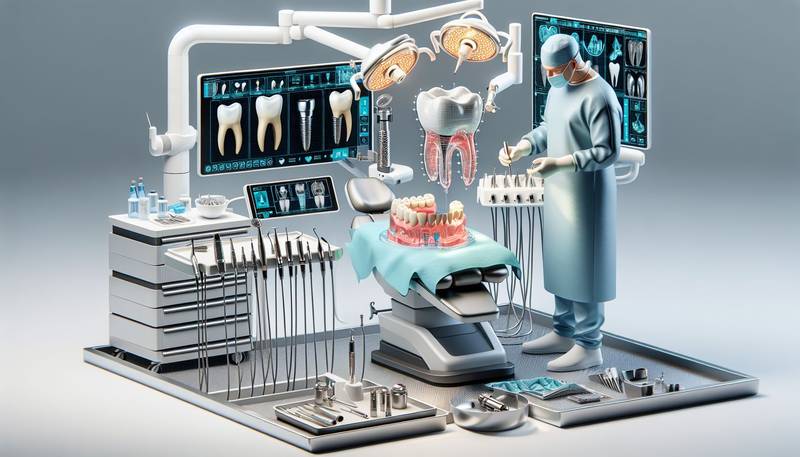
Innovative Techniques in Dental Implant Surgery: What’s New?
- 2024-02-16T00:00:00Z
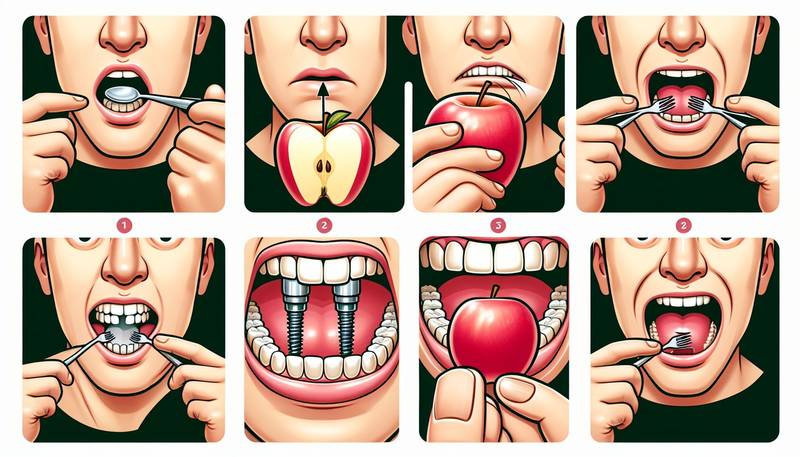
Eating with Dental Implants: What You Need to Know
- 2024-01-16T00:00:00Z
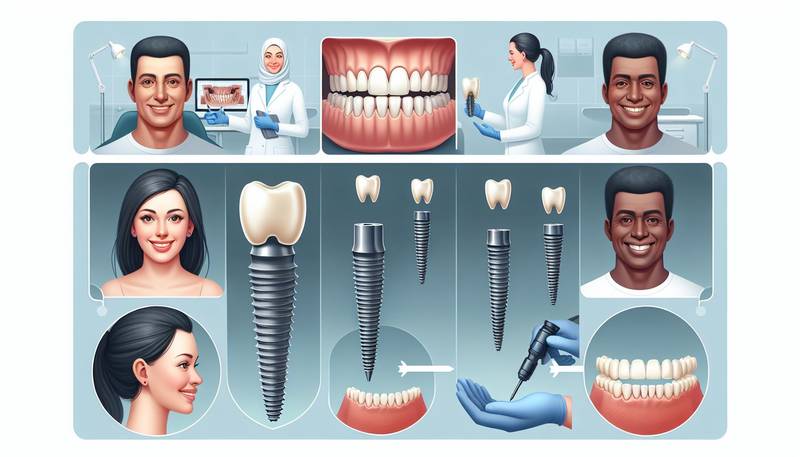
Understanding the Procedure: A Step-by-Step Guide to Getting Teeth Implants
- 2024-01-22T00:00:00Z
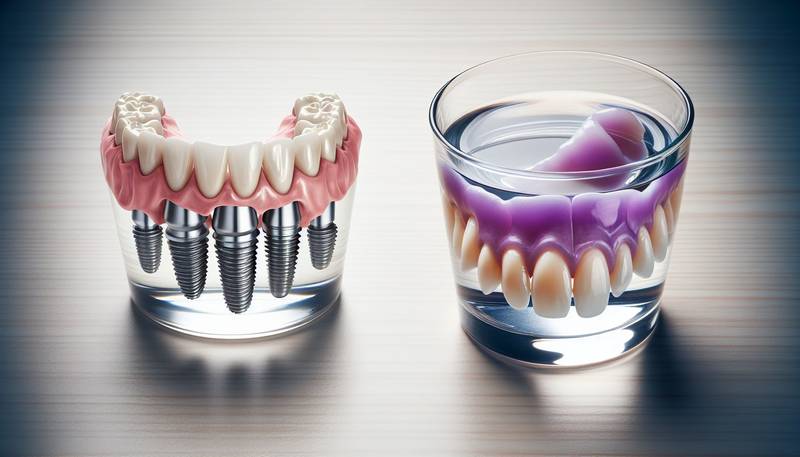
Teeth Implants vs. Dentures: Making the Right Choice for Your Oral Health
- 2023-12-26T00:00:00Z
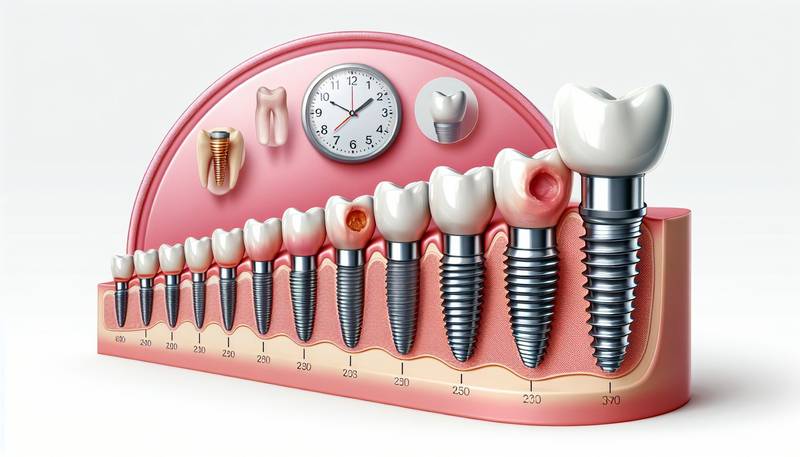
The Lifespan of Teeth Implants: What You Can Expect
- 2023-12-28T00:00:00Z
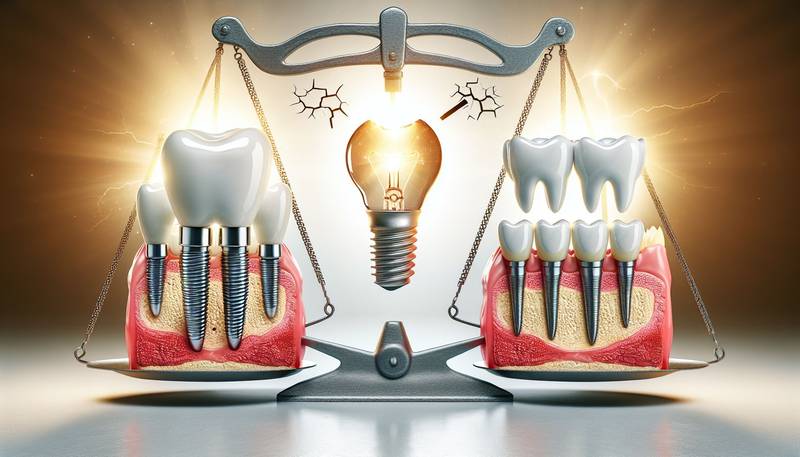
Addressing Common Myths and Misconceptions About Teeth Implants
- 2023-12-07T00:00:00Z
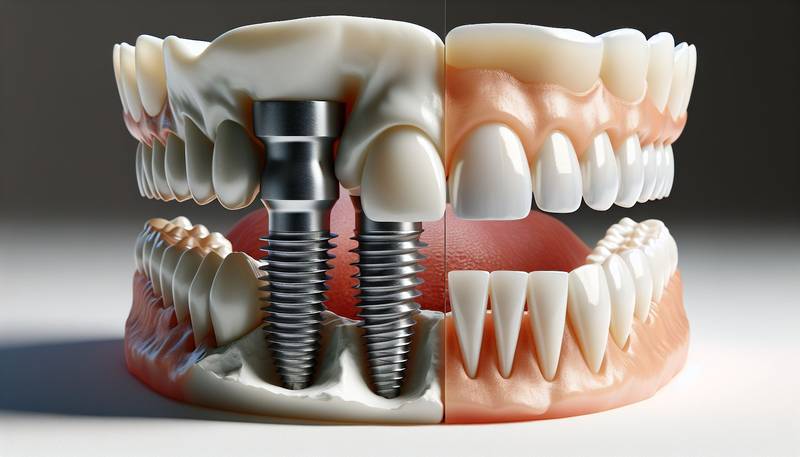
Teeth Implants vs. Dentures: Making an Informed Choice
- 2023-12-26T00:00:00Z
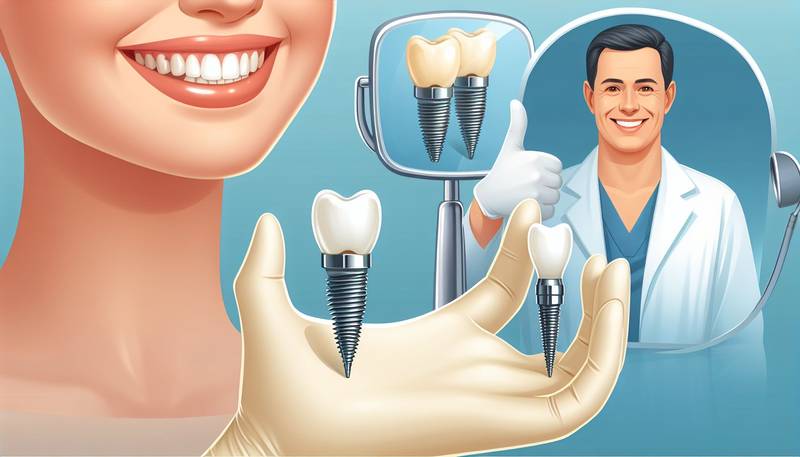
Teeth Implants: Are They the Right Solution for You?
- 2024-03-10T00:00:00Z
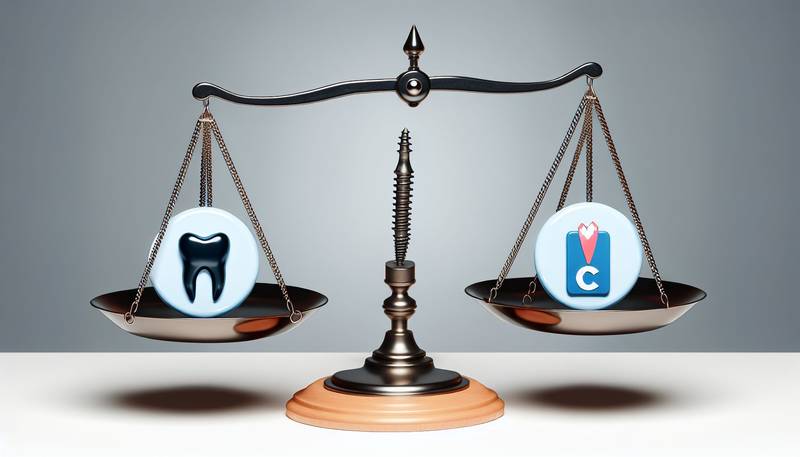
The Pros and Cons of Choosing Teeth Implants
- 2024-02-06T00:00:00Z
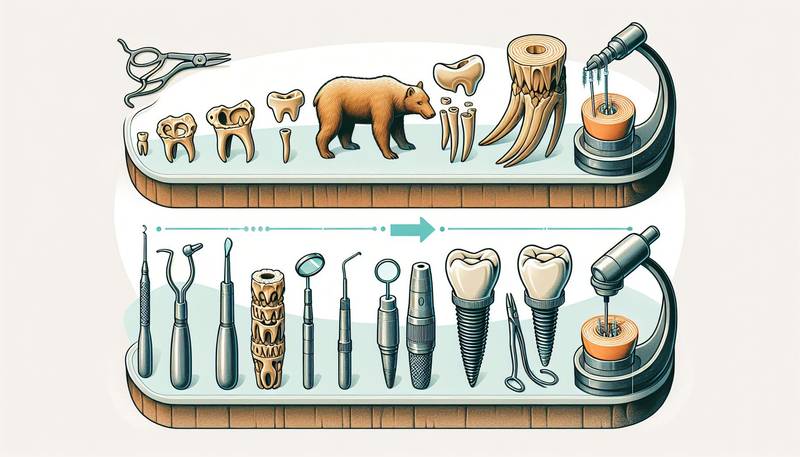
The Evolution of Teeth Implants: From Past to Present
- 2024-02-17T00:00:00Z
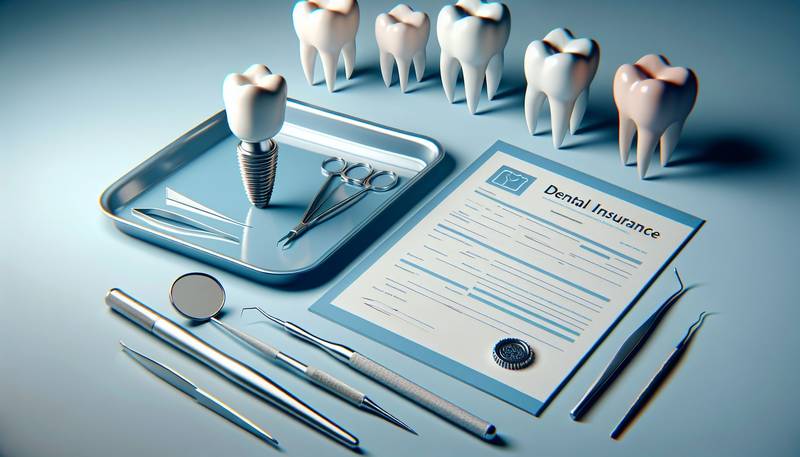
Dental Insurance and Teeth Implants: Navigating Coverage and Costs
- 2024-01-28T00:00:00Z
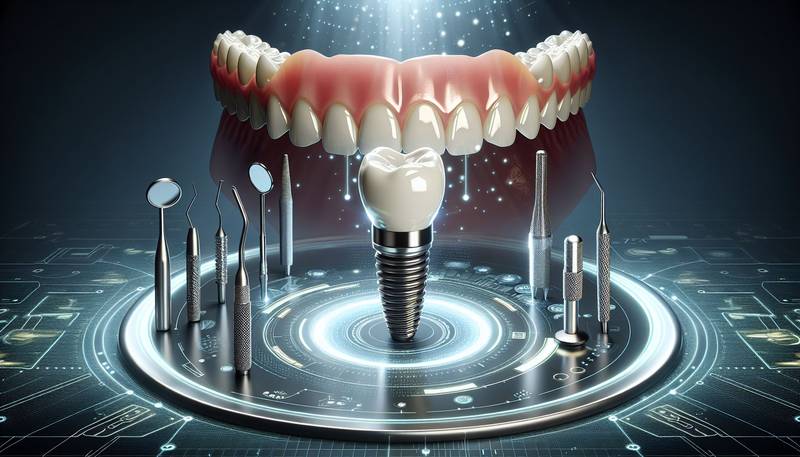
Innovations in Teeth Implant Technology: What's New in Dental Care
- 2024-01-22T00:00:00Z
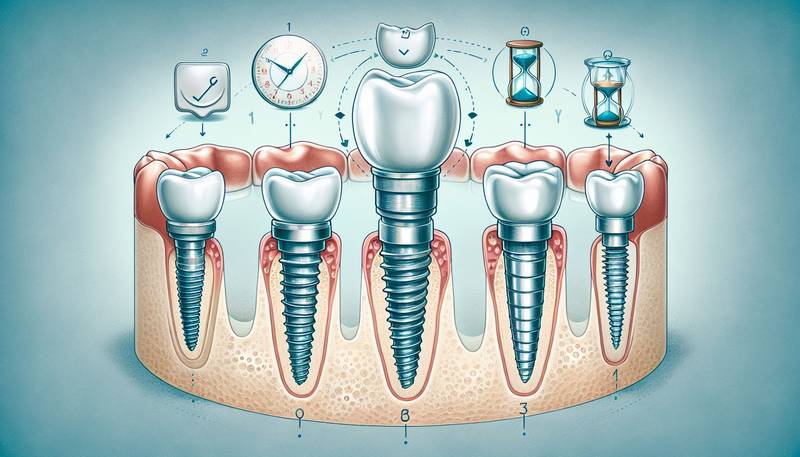
The Lifespan of Teeth Implants: What to Expect After the Procedure
- 2024-01-06T00:00:00Z

Comparing the Materials Used in Dental Implants
- 2024-02-26T00:00:00Z
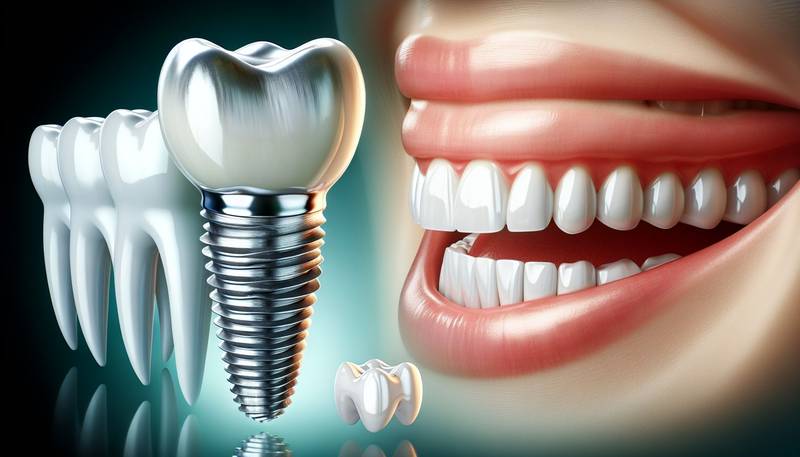
How Dental Implants Can Transform Your Smile and Confidence
- 2024-02-11T00:00:00Z
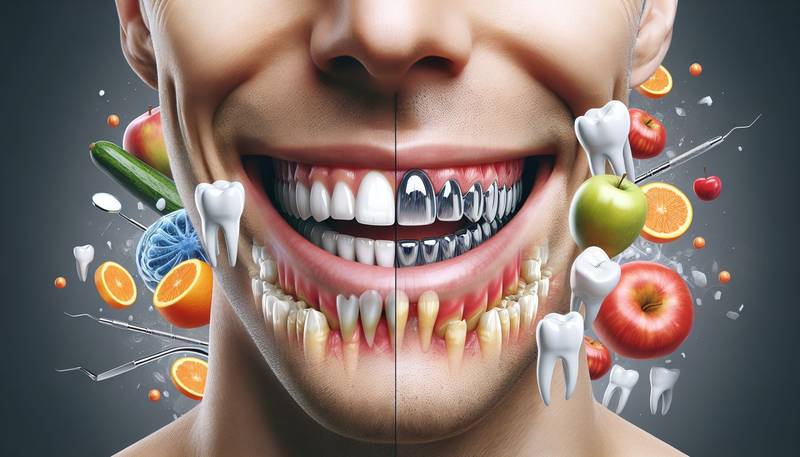
Smile with Confidence: How Teeth Implants Improve Oral Health
- 2024-01-31T00:00:00Z

Healing and Recovery: Tips for a Smooth Post-Implant Process
- 2023-12-16T00:00:00Z

Preparation and Recovery: Tips for a Smooth Teeth Implant Process
- 2024-02-01T00:00:00Z

Overcoming the Fear: Addressing Common Concerns About Teeth Implants
- 2024-03-05T00:00:00Z
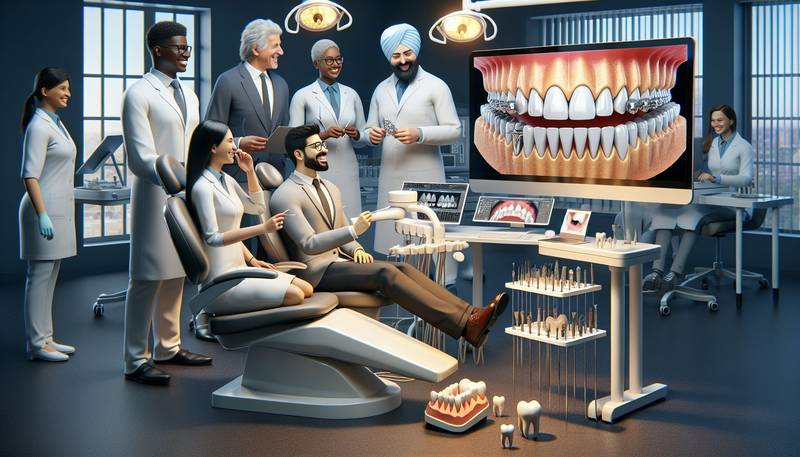
Revolutionizing Smiles: The Comprehensive Guide to Teeth Implants
- 2023-12-25T00:00:00Z
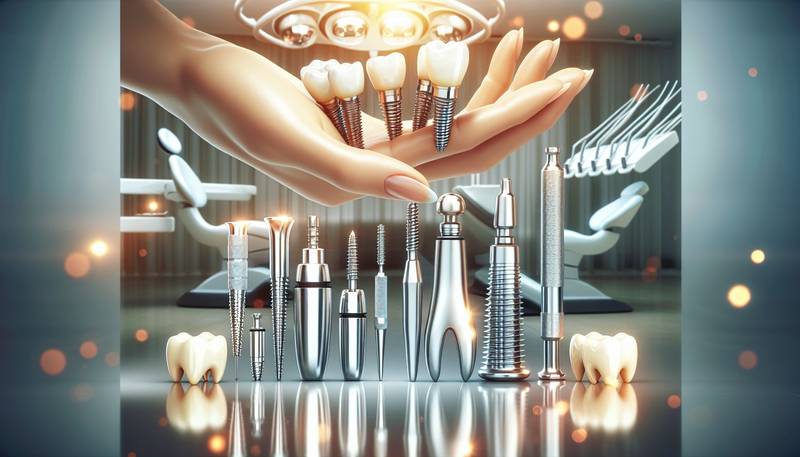
Navigating the Costs of Teeth Implants: Investment in Your Smile
- 2024-01-04T00:00:00Z
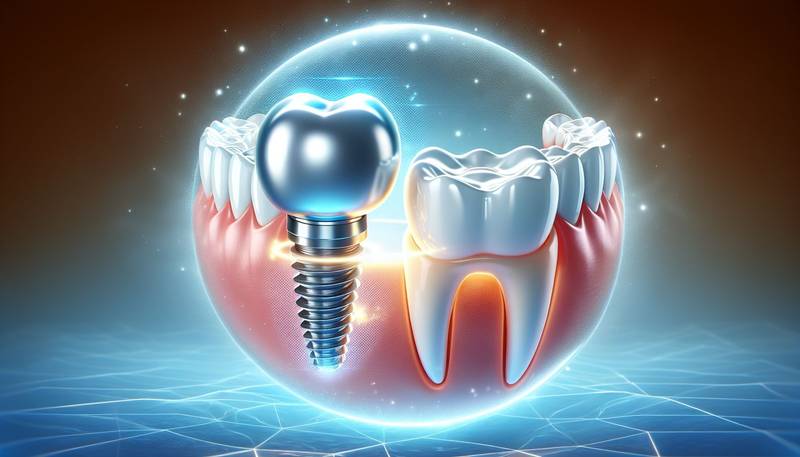
Teeth Implant Maintenance: Keeping Your New Smile Bright
- 2023-12-16T00:00:00Z
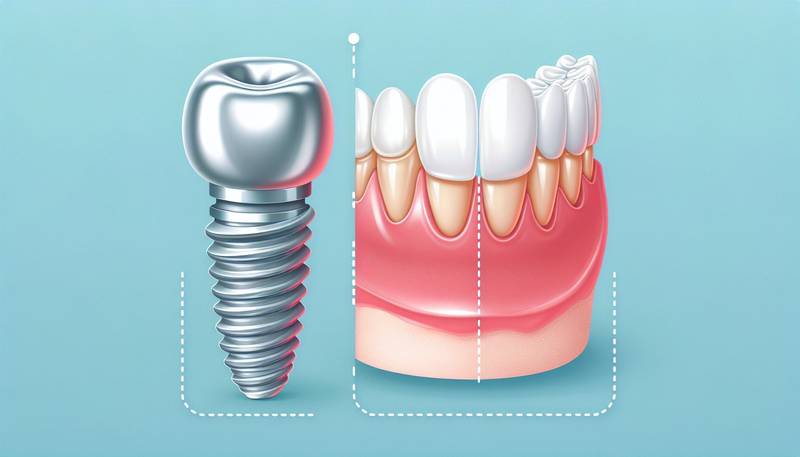
Teeth Implants vs. Dentures: Making the Right Choice for You
- 2024-01-19T00:00:00Z
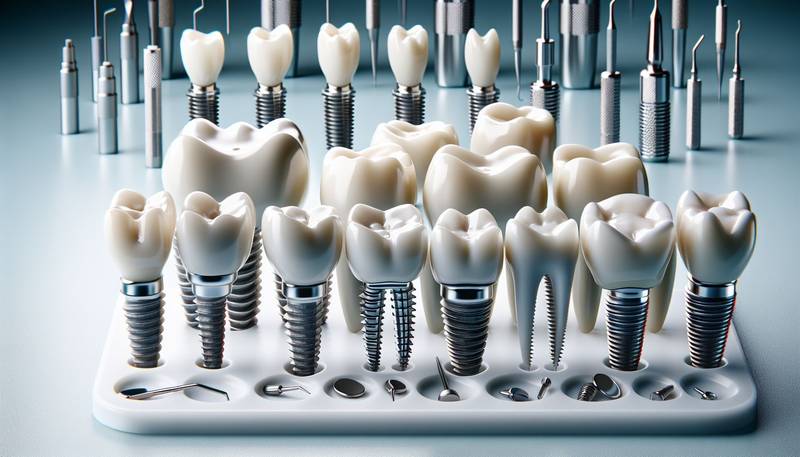
Customizing Your Dental Implants: Options for a Natural-Looking Smile
- 2024-01-02T00:00:00Z
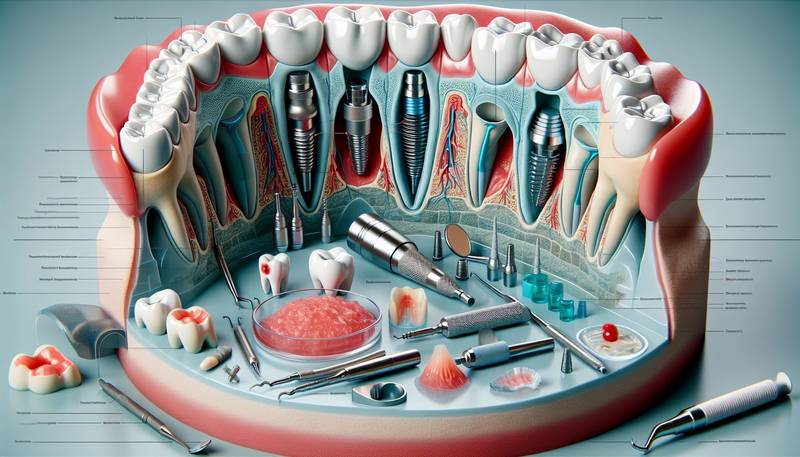
Teeth Implants: Understanding the Risks and How to Mitigate Them
- 2024-02-20T00:00:00Z

Life After Teeth Implants: Success Stories and Testimonials
- 2023-12-15T00:00:00Z
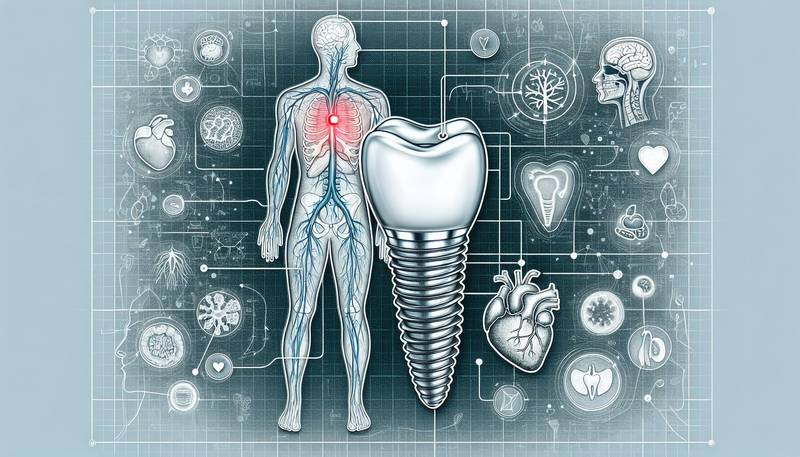
The Link Between Teeth Implants and Overall Health
- 2024-02-14T00:00:00Z
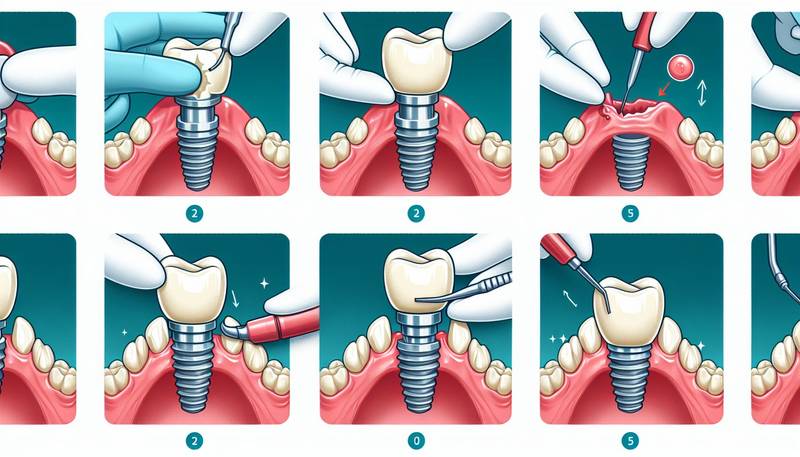
Immediate Load Teeth Implants: Understanding the Rapid Procedure
- 2023-12-14T00:00:00Z
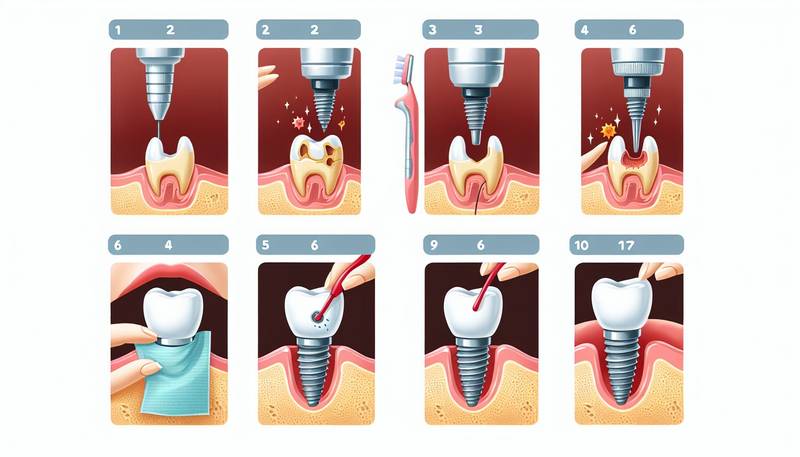
10 Things You Need to Know Before Getting Teeth Implants
- 2024-02-11T00:00:00Z
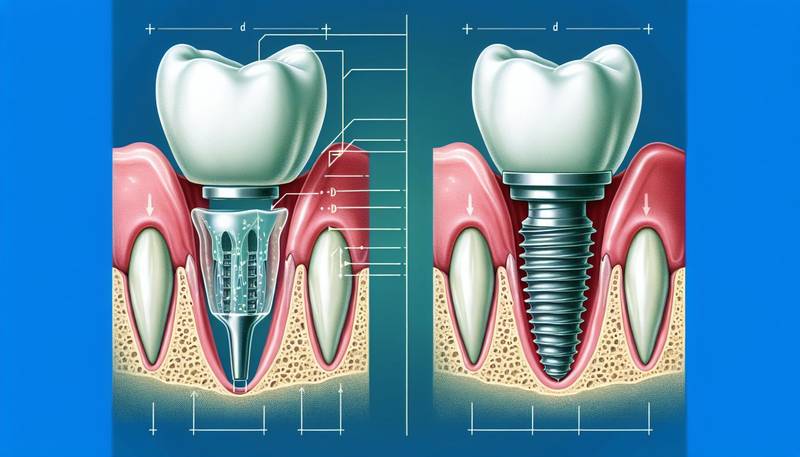
The Difference Between Dental Bridges and Teeth Implants
- 2023-12-10T00:00:00Z
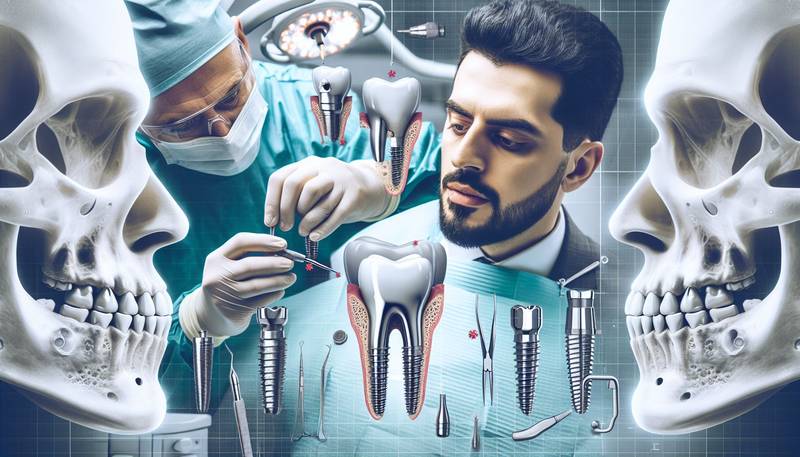
The Ultimate Guide to Understanding Dental Implants
- 2023-12-26T00:00:00Z
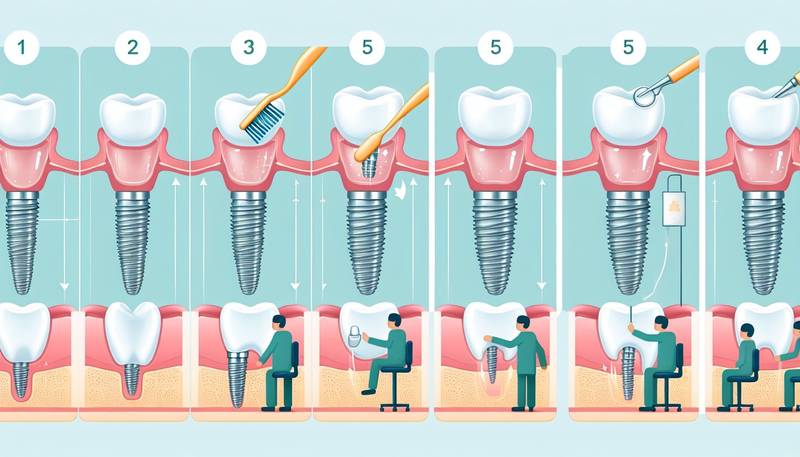
Maintaining Your Dental Implants: Tips for Long-Term Success
- 2024-02-11T00:00:00Z
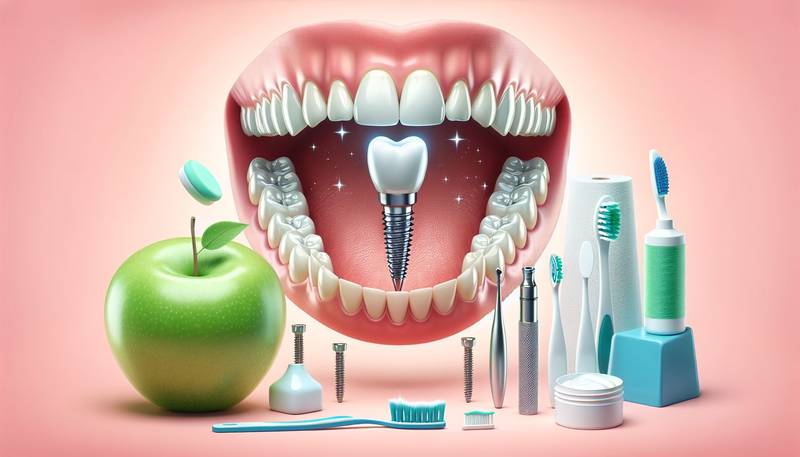
The Impact of Teeth Implants on Overall Oral Health
- 2024-02-02T00:00:00Z
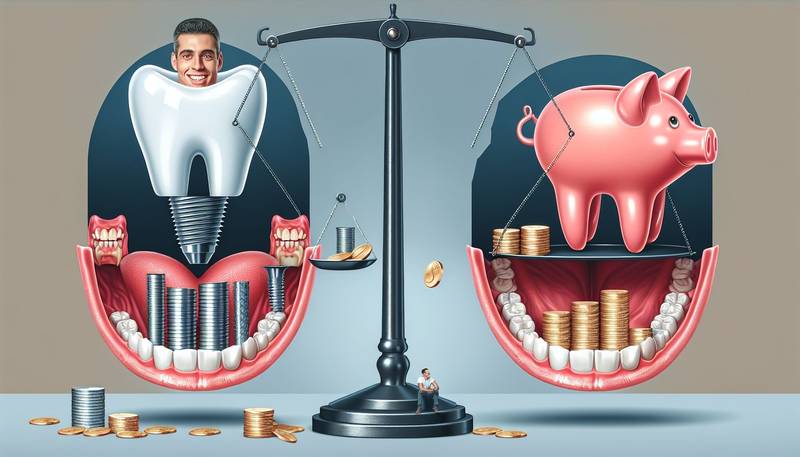
Cost Analysis: Understanding the Investment in Teeth Implants
- 2024-02-07T00:00:00Z
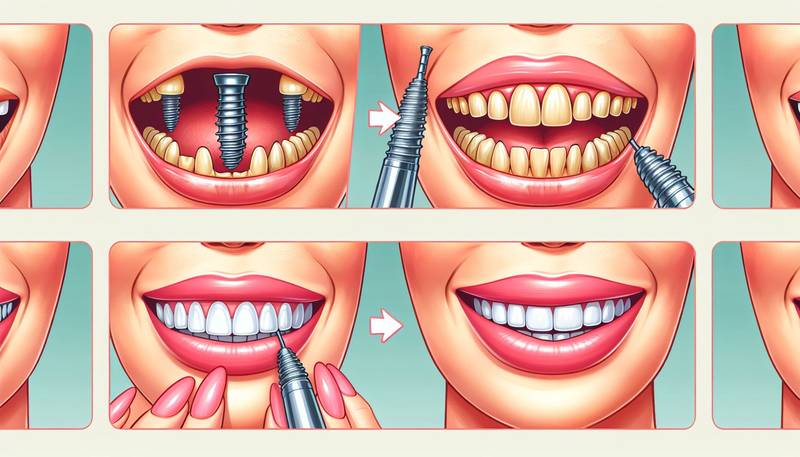
Case Studies: Successful Transformations with Teeth Implants
- 2023-12-15T00:00:00Z
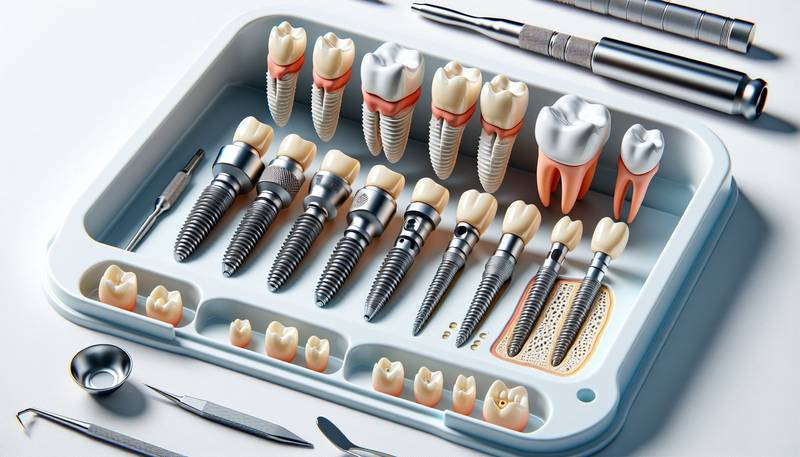
Understanding Teeth Implants: A Comprehensive Guide
- 2024-02-25T00:00:00Z

How Teeth Implants can Improve Your Quality of Life
- 2023-12-26T00:00:00Z

Overcoming Dental Anxiety: Getting Teeth Implants Stress-Free
- 2023-12-18T00:00:00Z

Post-Implant Care: How to Maintain Your New Smile
- 2023-12-29T00:00:00Z
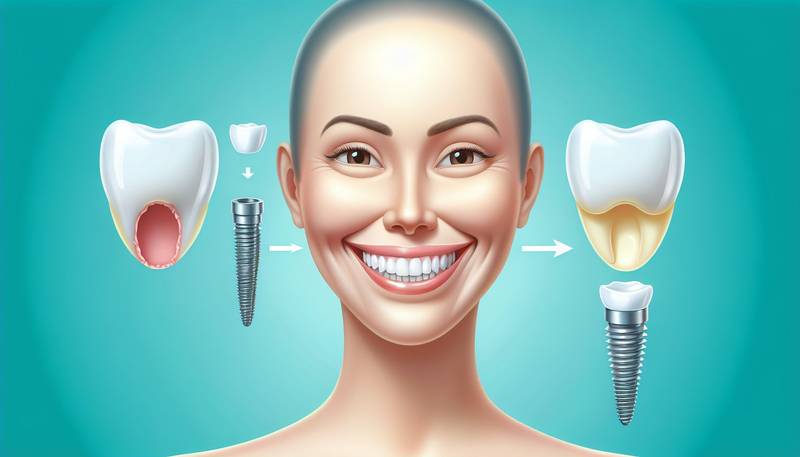
Transforming Smiles: The Benefits of Teeth Implants
- 2024-02-07T00:00:00Z
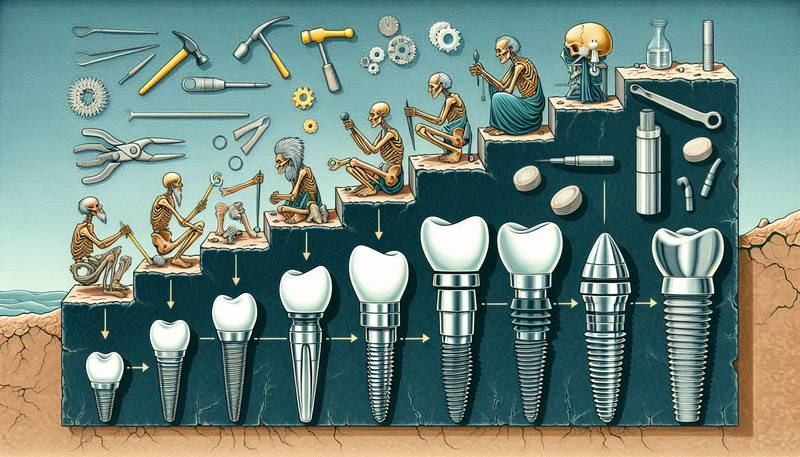
The Evolution of Dental Implants: A Historical Perspective
- 2023-12-07T00:00:00Z
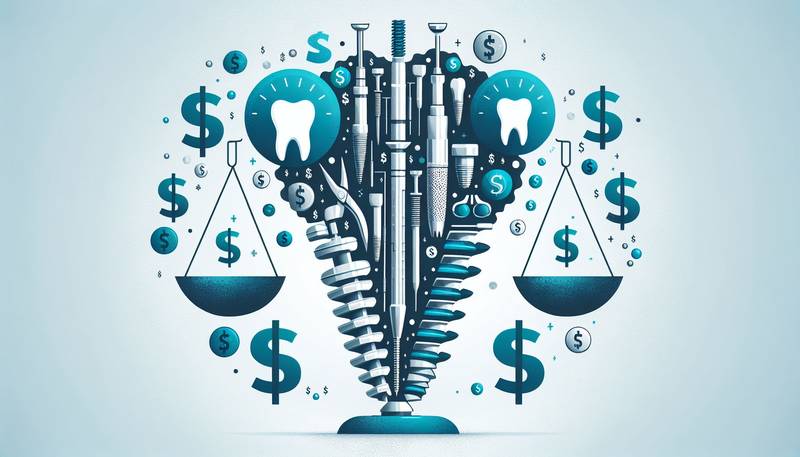
Understanding the Costs: A Comprehensive Overview of Teeth Implants
- 2023-12-17T00:00:00Z
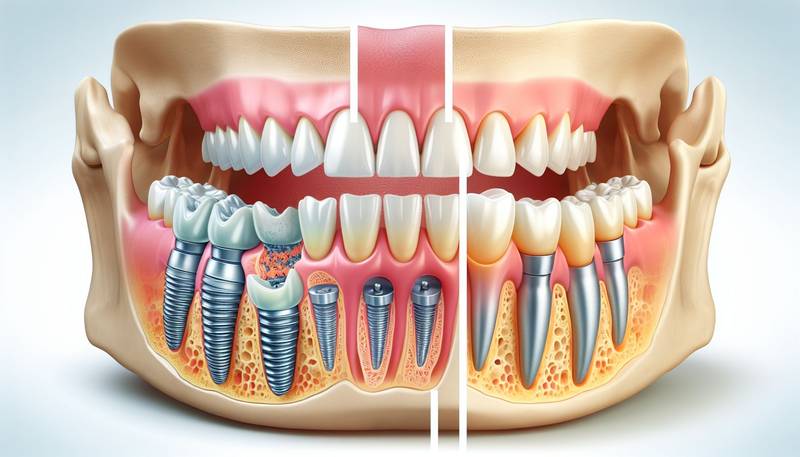
Dealing with Bone Loss: How Teeth Implants Can Help
- 2023-12-04T00:00:00Z
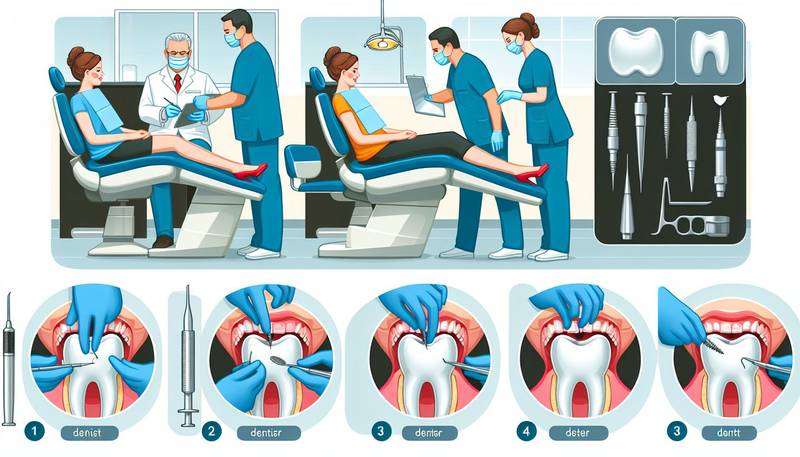
Preparing for Your Teeth Implant Procedure: A Checklist
- 2024-02-19T00:00:00Z
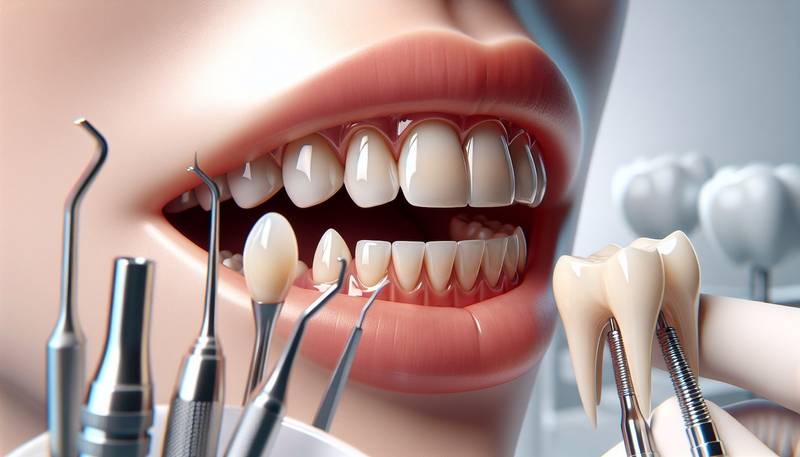
Achieving a Natural Look with Teeth Implants: What You Need to Know
- 2023-12-24T00:00:00Z
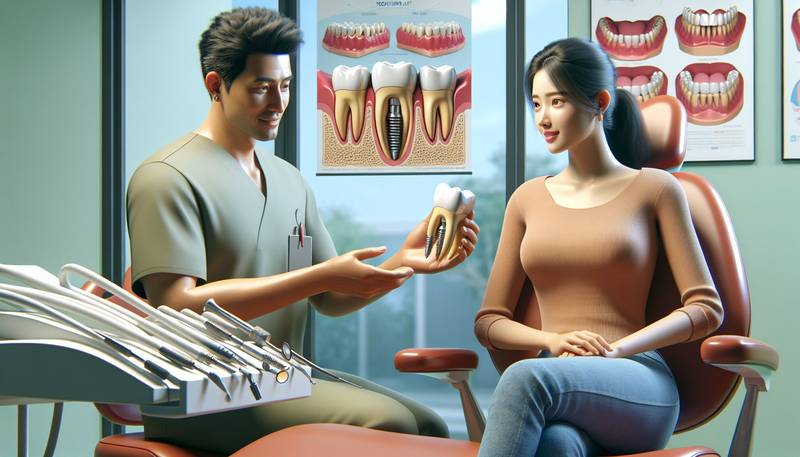
FAQs: Answering Your Most Common Questions About Teeth Implants
- 2024-02-19T00:00:00Z
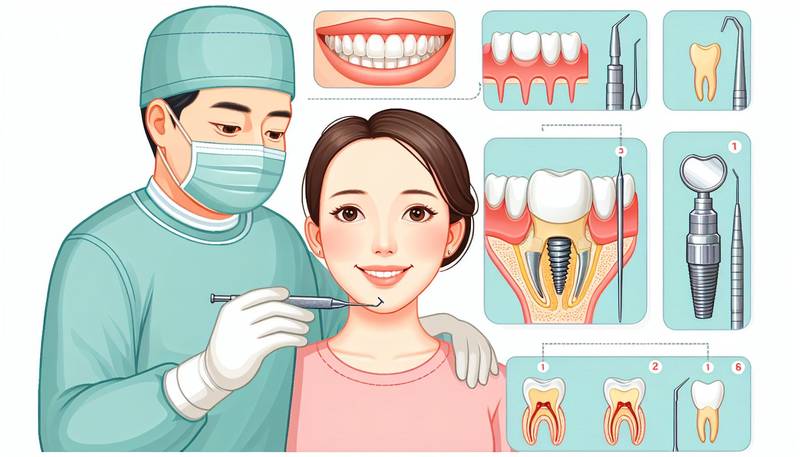
The Procedure Explained: What to Expect During Teeth Implant Surgery
- 2023-12-25T00:00:00Z
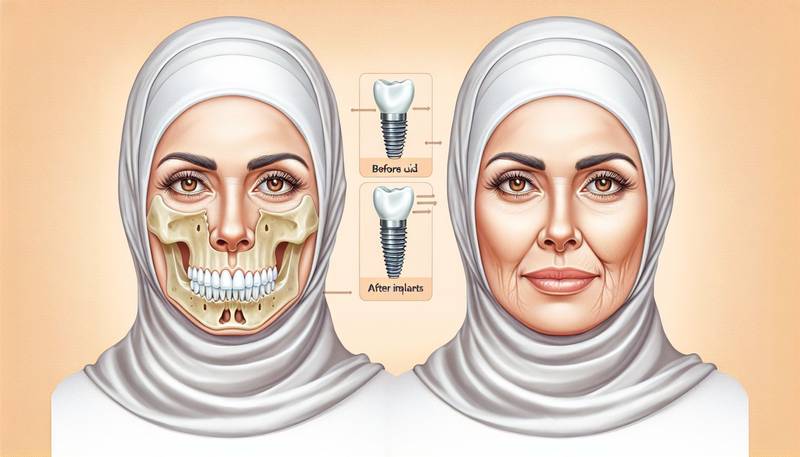
How Dental Implants Can Help Preserve Your Jawbone and Facial Structure
- 2024-02-12T00:00:00Z
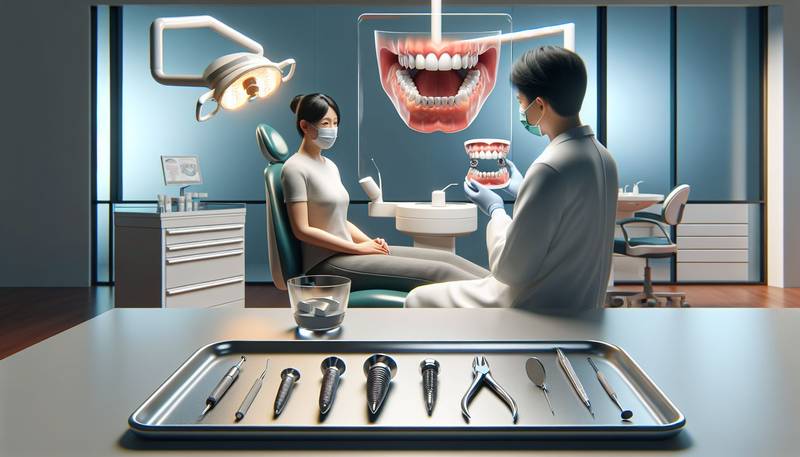
Addressing Your Fears: The Safety of Teeth Implant Surgery
- 2024-02-25T00:00:00Z
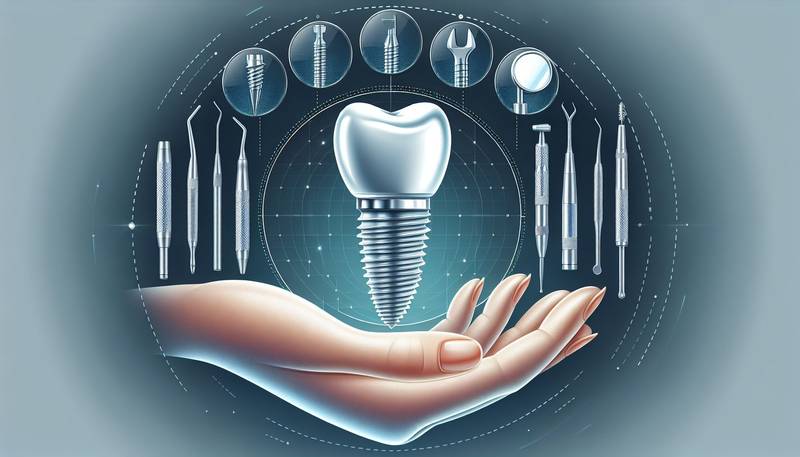
Overcoming Complications: How to Deal with Teeth Implant Issues
- 2024-01-15T00:00:00Z
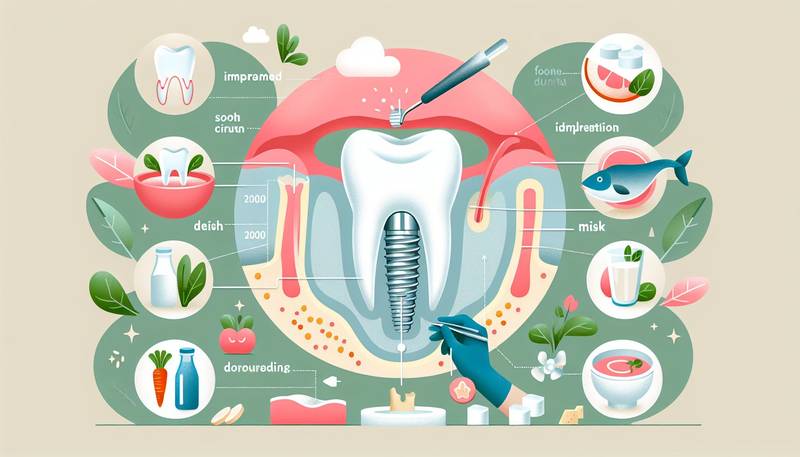
Teeth Implants and Bone Health: What You Need to Know
- 2024-02-04T00:00:00Z
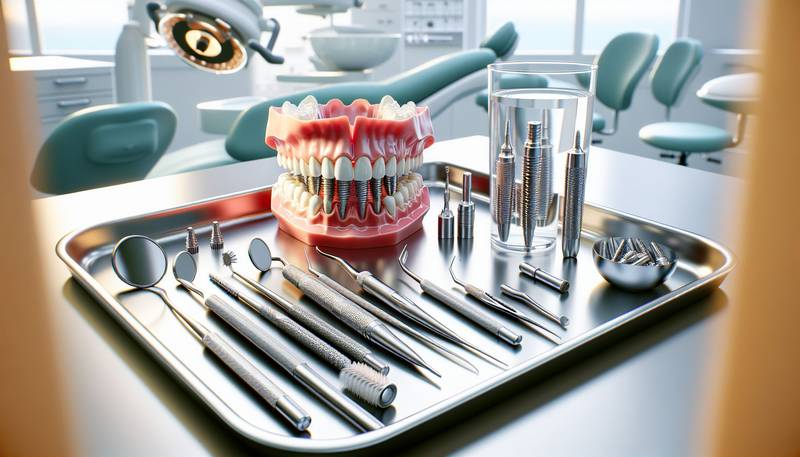
Post-Surgery Care: How to Ensure the Success of Your Dental Implants
- 2024-01-29T00:00:00Z
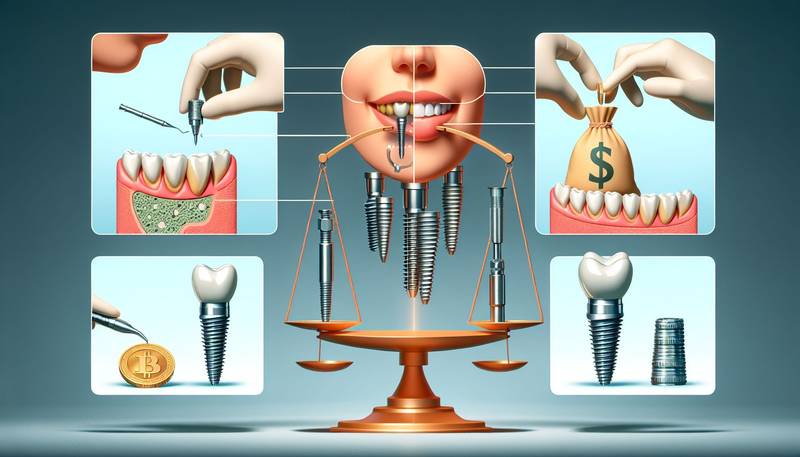
Understanding the Cost of Dental Implants: Is it Worth the Investment?
- 2024-01-21T00:00:00Z
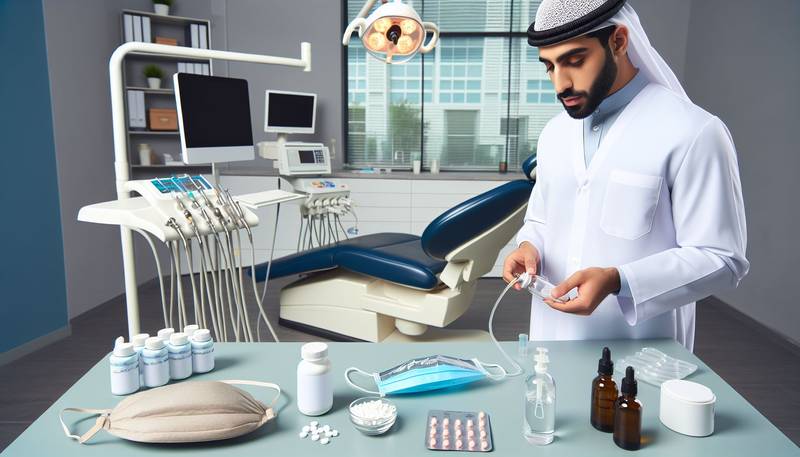
Sedation Options for Dental Implant Surgery: What You Need to Know
- 2023-12-11T00:00:00Z
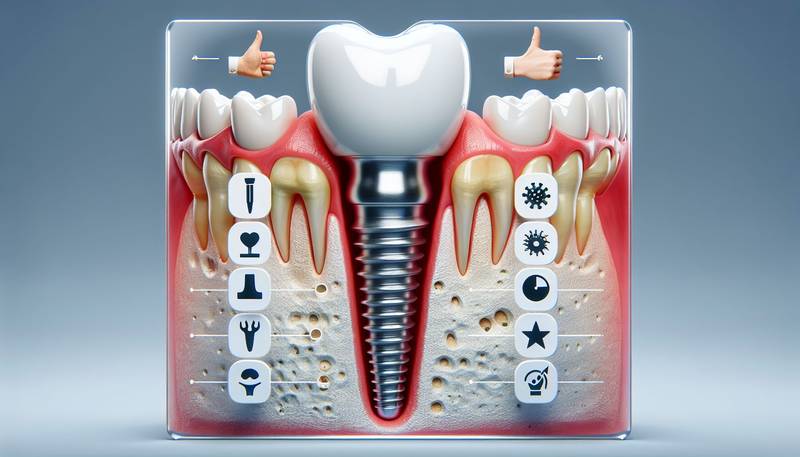
Immediate Load Dental Implants: Pros and Cons
- 2024-02-13T00:00:00Z
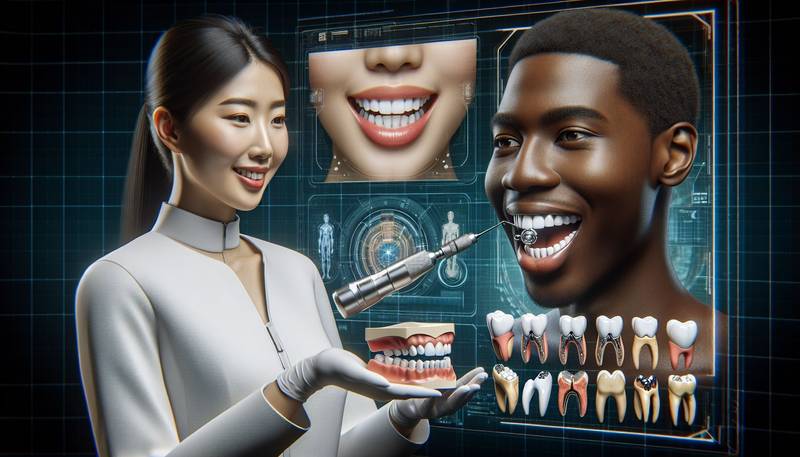
The Future of Dental Care: How Teeth Implants are Changing Lives
- 2023-12-14T00:00:00Z
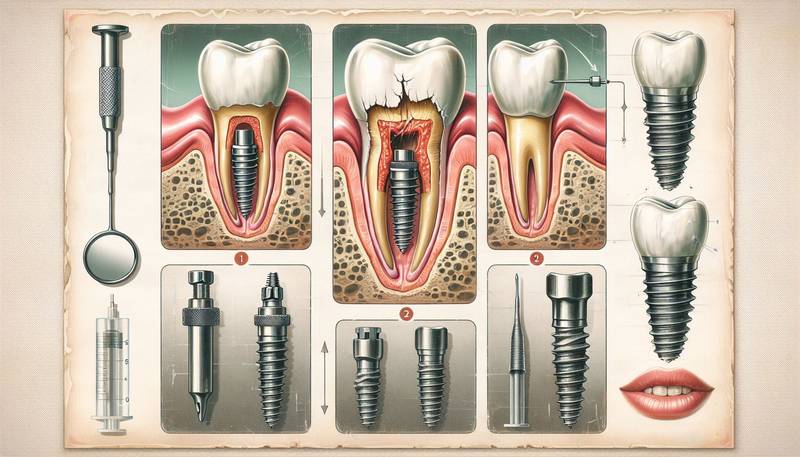
Exploring the Success Rate of Dental Implants
- 2024-01-30T00:00:00Z
 Smile Renewed: Expert Dental Implant Solutions
Smile Renewed: Expert Dental Implant Solutions